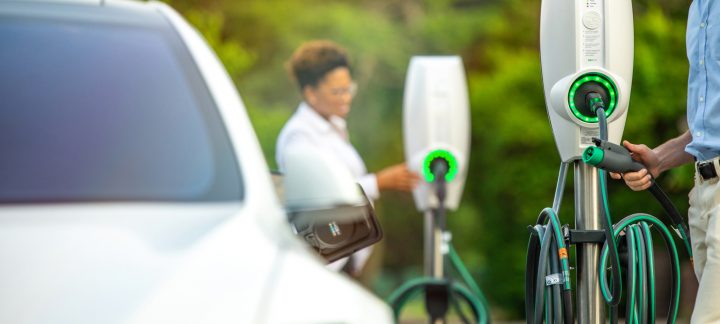There’s mounting concern at the Government’s reaction to a House of Lord’s Committee study into electric vehicles.
Baroness Parminter, Chair of the inquiry said, “Whilst we welcome the Government’s acceptance of some of the recommendations in our report, it is particularly disappointing that it is not committing to incentivising the purchase of more EVs, equalizing the VAT differential between public and domestic charging, or addressing our concerns about barriers to charging in multi-occupancy buildings.
“If implemented, these recommendations would help people to adopt EVs and ensure a smoother journey towards net zero. Peers will keep urging the Government to do more, as otherwise the EV revolution is a non-starter.”
Last Friday, the Government responded to recommendations in a report from the House of Lords Environment and Climate Change Committee.
The report titled ‘EV strategy: rapid recharge needed’ was published in February and listed several recommendations to tackle key obstacles during the transition to electric vehicles. The Government’s response ruled out the introduction of price incentives for electric vehicles.
“It is disappointing to see that the Government has largely ignored wide calls from the automotive industry to introduce price incentives for buyers of EVs. The Government’s response comes at a time when there are concerns that the EV market is stalling, said Sue Robinson, Chief Executive of the National Franchised Dealers Association.
“There is also the matter of private demand which has been languishing behind fleet for several months now.”
In its response, the Government welcomed the Committee’s recommendations and alluded to the ZEV mandate which requires 80% of new cars and 70% of new vans sold in Great Britain to be zero emission by 2030, on a pathway to 100% by 2035.
The Government disagreed with Recommendation 7 of the Committee’s report which suggested that the Government explore targeted grants to incentivise the purchase of EVs.
Further to this, the Government also disagreed with the recommendation from the Committee to equalise the VAT differential of public charging from its current rate of 20 per cent in line with domestic chargers which have a rate of 5%.
The Government noted in the report that there are no current plans to change the VAT treatment of electricity supplied at public EV charge points.
Sue Robinson concluded, “NFDA has repeatedly called for measures from the Government to aid dealers and consumers during the transition to electric including through the introduction of price incentives and the harmonisation of VAT in public and domestic charging.
“The UK has some of the most ambitious climate commitment targets such as the ZEV mandate but offers little in respect of incentives.
“We urge the Government to urgently reconsider the views held in their response and to work with the industry to achieve the best outcomes for dealers and consumers.”
